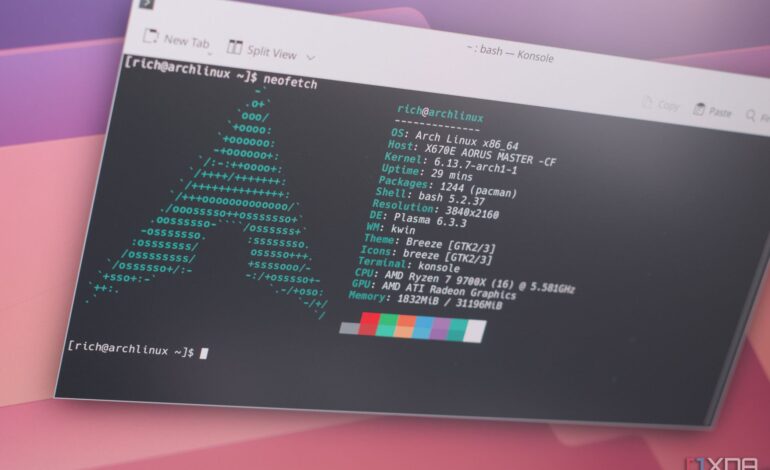Linux Needs App Support to Compete with Windows and macOS

The ongoing debate between operating systems has taken a new turn, with users increasingly voicing their preferences for Linux over Windows and macOS. While some users have expressed satisfaction with Linux’s flexibility and community-driven nature, many still find app support a significant hurdle. This gap in software availability may hinder Linux’s potential to attract users seeking a comprehensive operating system experience.
Historically, Windows has dominated the operating system market, particularly during the reign of Windows XP. However, as technology evolves, so do user preferences. One former Windows user, who has made the switch to Linux, highlights a critical issue: the lack of a developer-friendly ecosystem that Windows offers. While Linux provides an array of desktop environments and hardware compatibility, it struggles with app distribution and support.
A significant limitation for Linux is its fragmented approach to software management. Unlike Windows, which provides a centralized storefront, Linux relies on various package managers such as APT, Flatpak, and Snap. These systems, while functional, often require users to navigate through the command-line interface, creating barriers for those less experienced with technology. As a result, many potential users may feel discouraged from fully committing to Linux.
The situation becomes even more challenging when considering the absence of well-known software. Major applications like Adobe Creative Cloud and Microsoft Office primarily cater to Windows and, to some extent, macOS. This reliance on proprietary software has led many users to stick with Windows, fearing that they would lose access to essential tools by switching to Linux. The gap in software availability remains a considerable barrier, making it difficult for Linux to attract users from other operating systems.
Despite these challenges, the gaming landscape on Linux has seen significant improvements, largely thanks to Valve. The company’s work on Proton has transformed the gaming experience for Linux users, allowing them to access popular titles previously unavailable. While Proton has made strides in compatibility, the community remains aware of its shortcomings, as many games still do not support the platform.
The ongoing struggle with anti-cheat systems also complicates matters for gamers on Linux. Developers often prioritize Windows and macOS platforms, leaving Linux users feeling sidelined. The unpredictability of the Linux ecosystem continues to discourage game developers from investing resources into creating Linux-compatible versions of their products.
Looking forward, there is a growing sense of optimism regarding Linux’s potential. The community is rallying for better support and adoption from larger developers. If these issues can be addressed, Linux may experience increased growth as more users recognize its advantages, including customization options and a robust foundation.
For Linux to compete effectively with Windows and macOS, it must focus on expanding its app ecosystem. The operating system already boasts commendable features and usability, but the absence of popular applications remains a significant hurdle. The future of Linux may hinge on its ability to attract developers and ensure a more comprehensive software offering. As the landscape evolves, the community hopes for a brighter future that embraces the best of what Linux has to offer.






